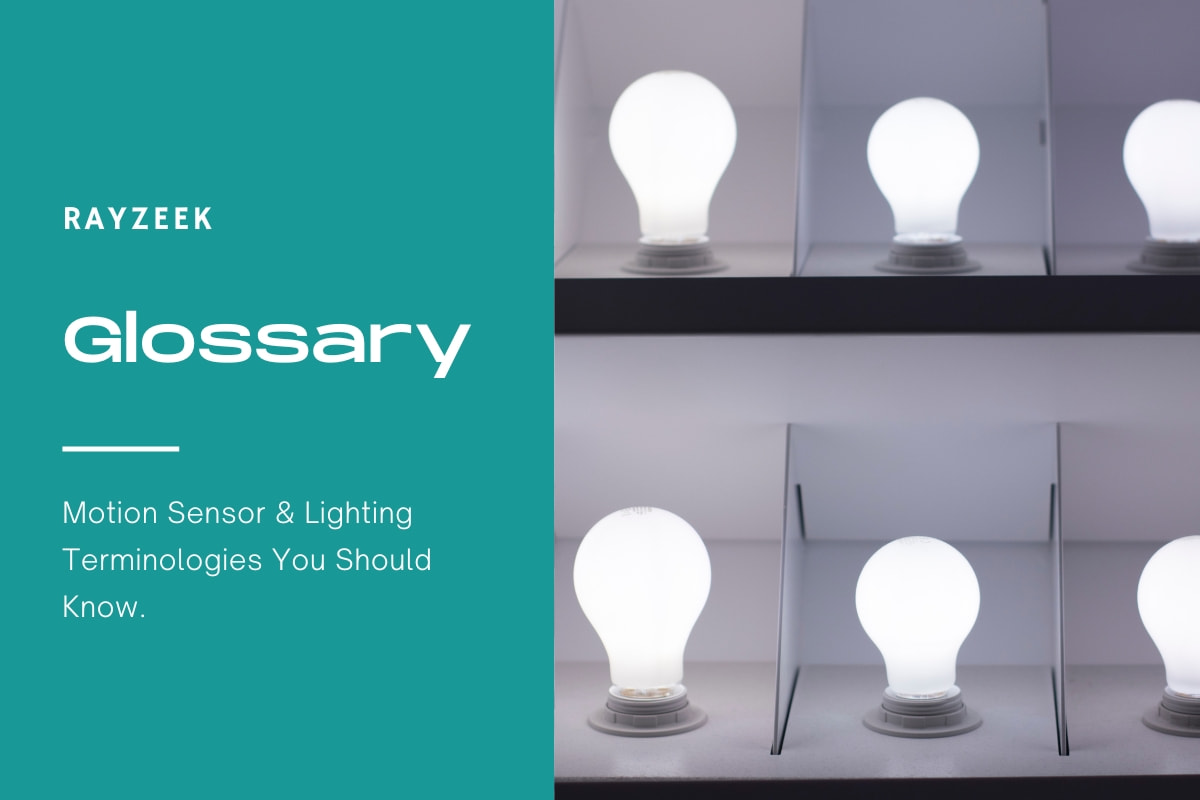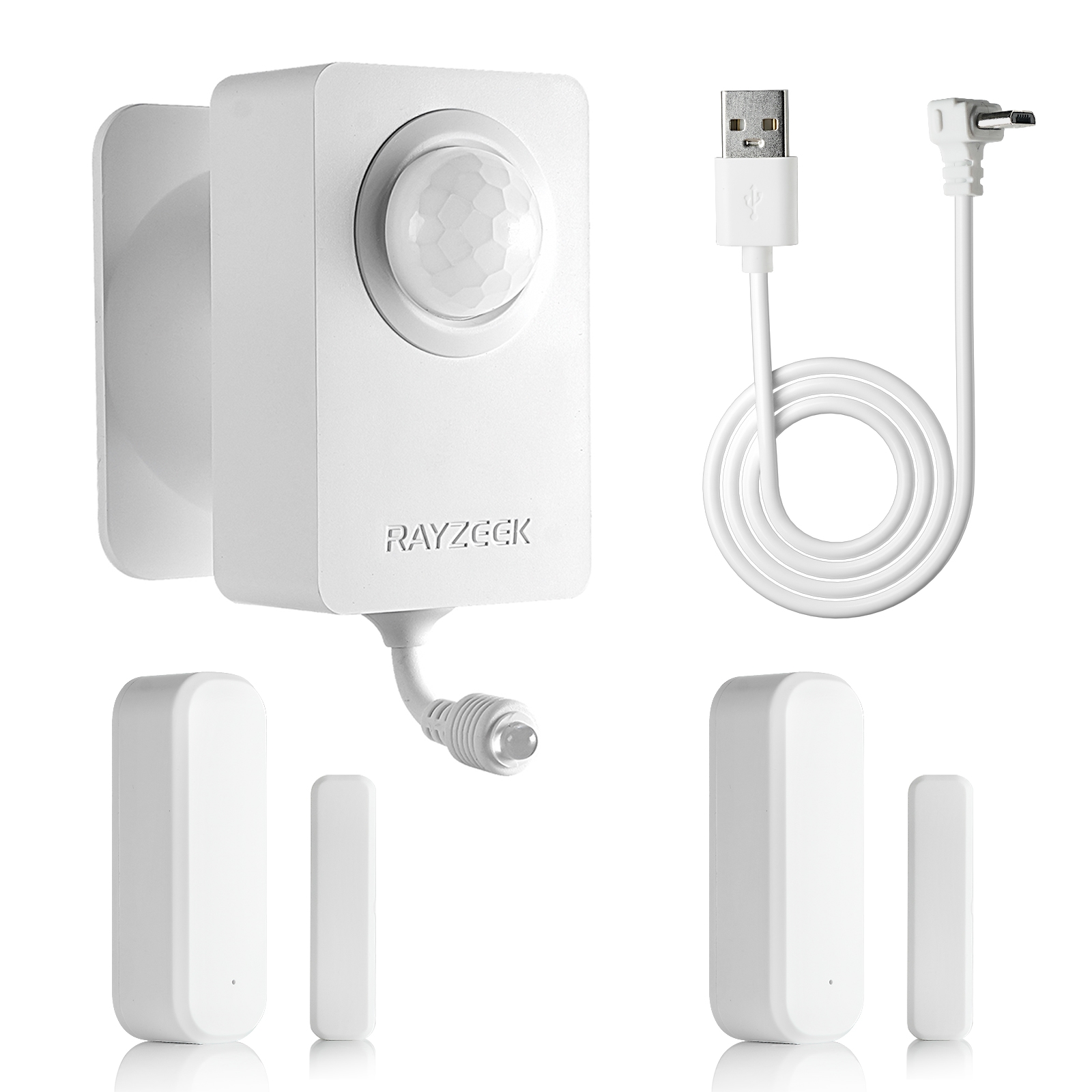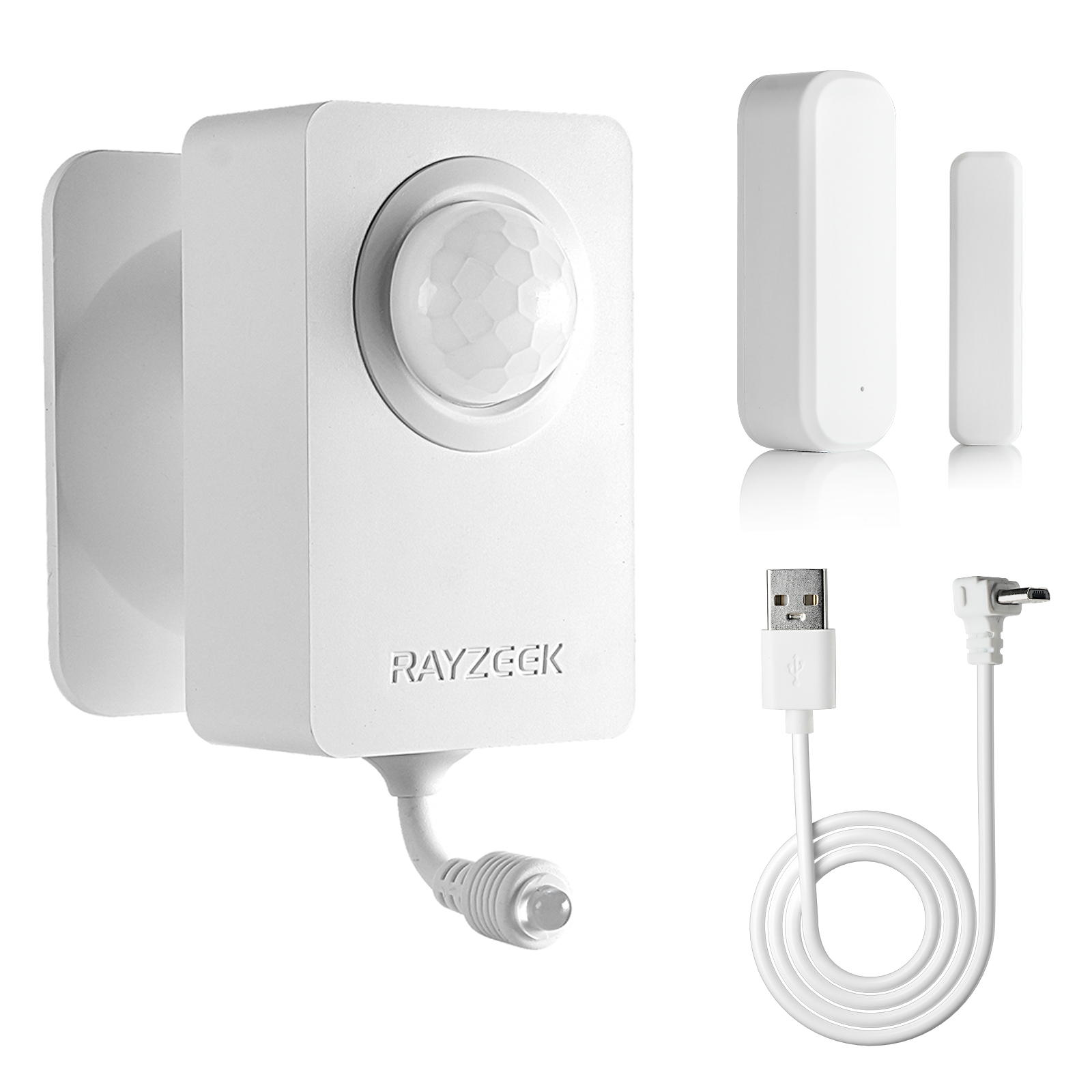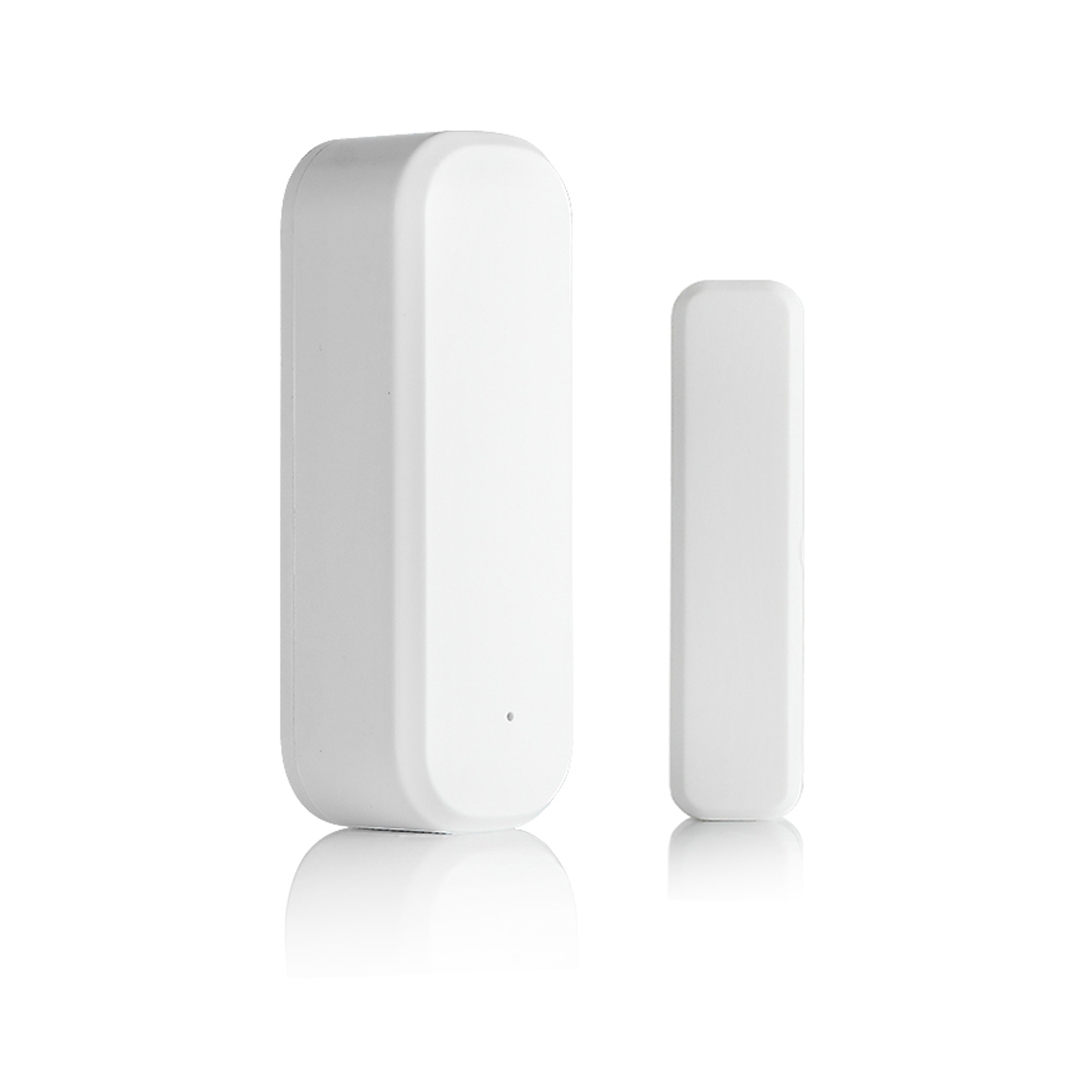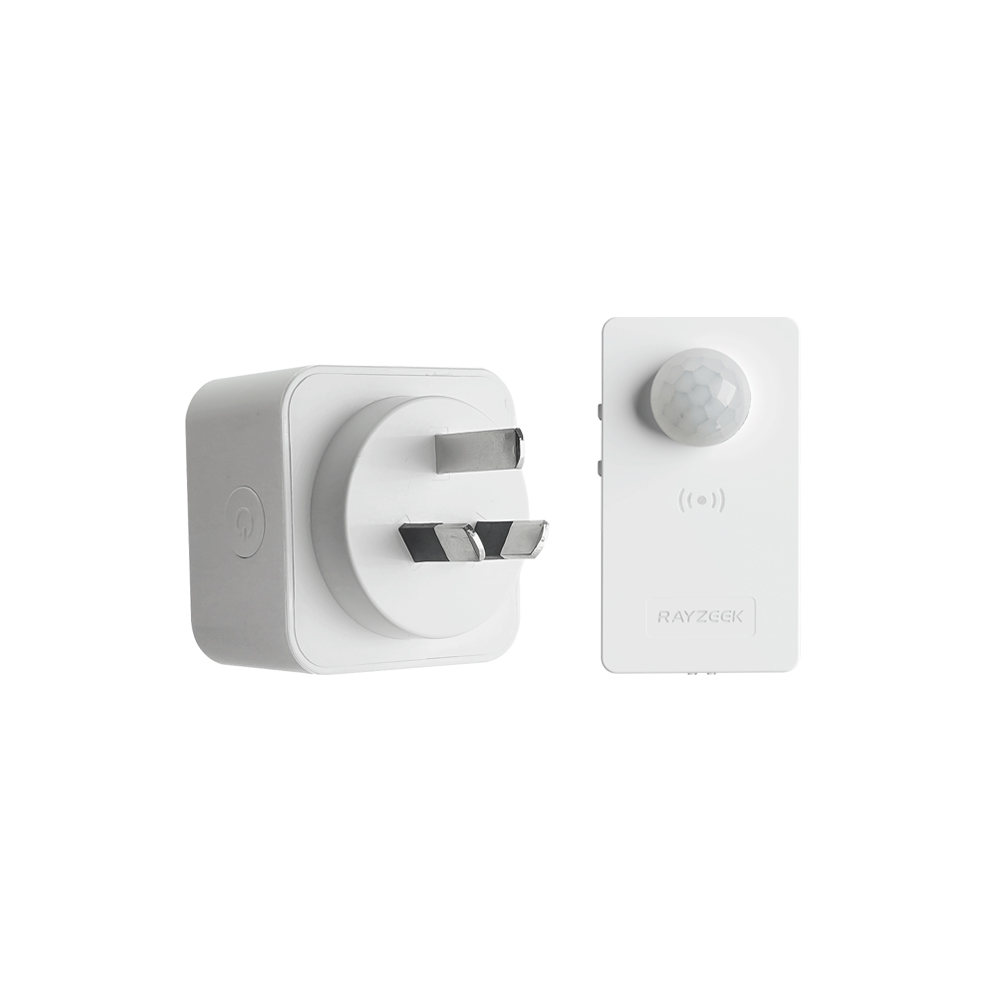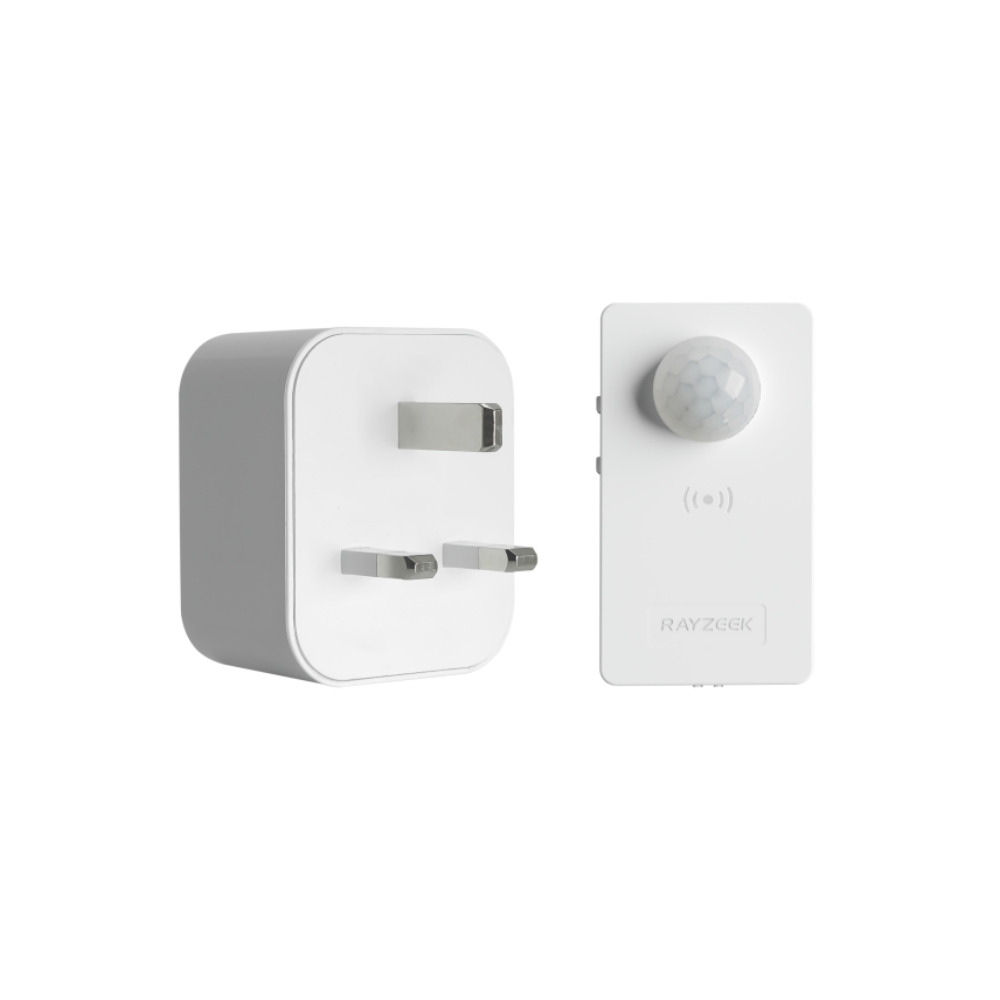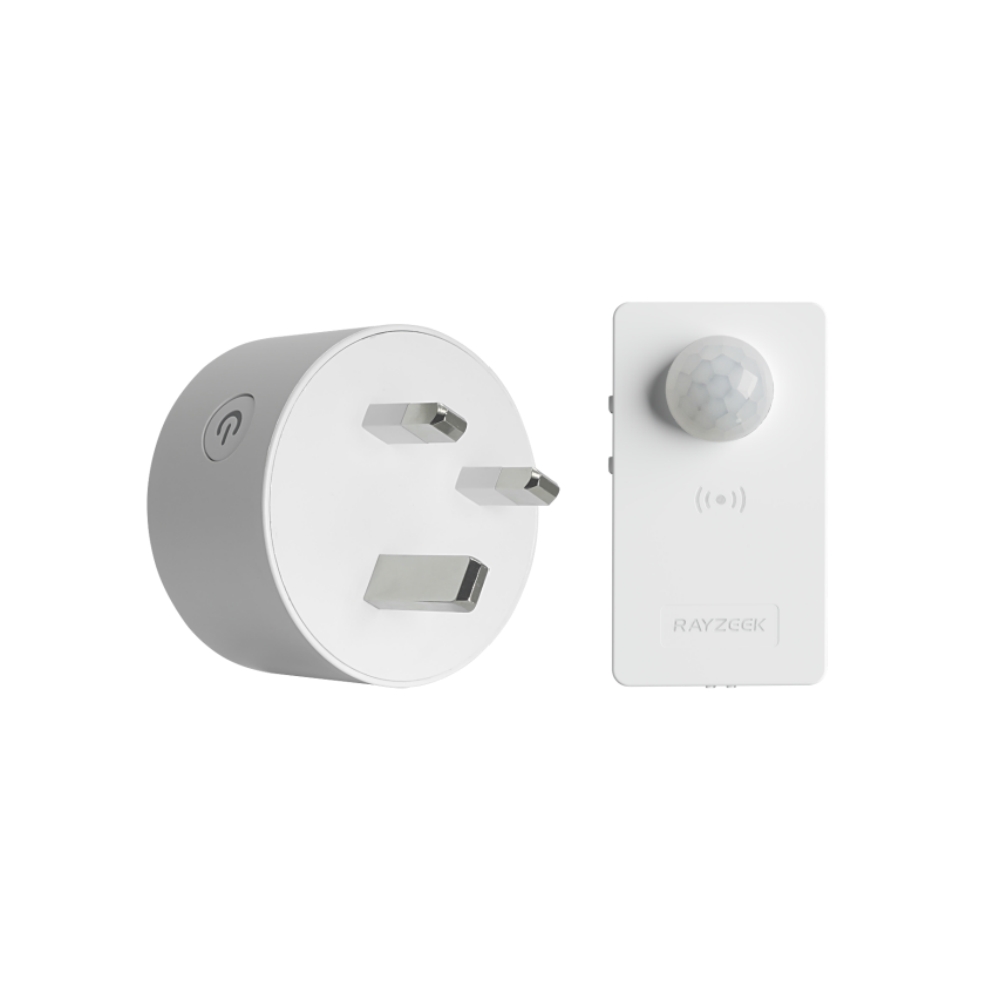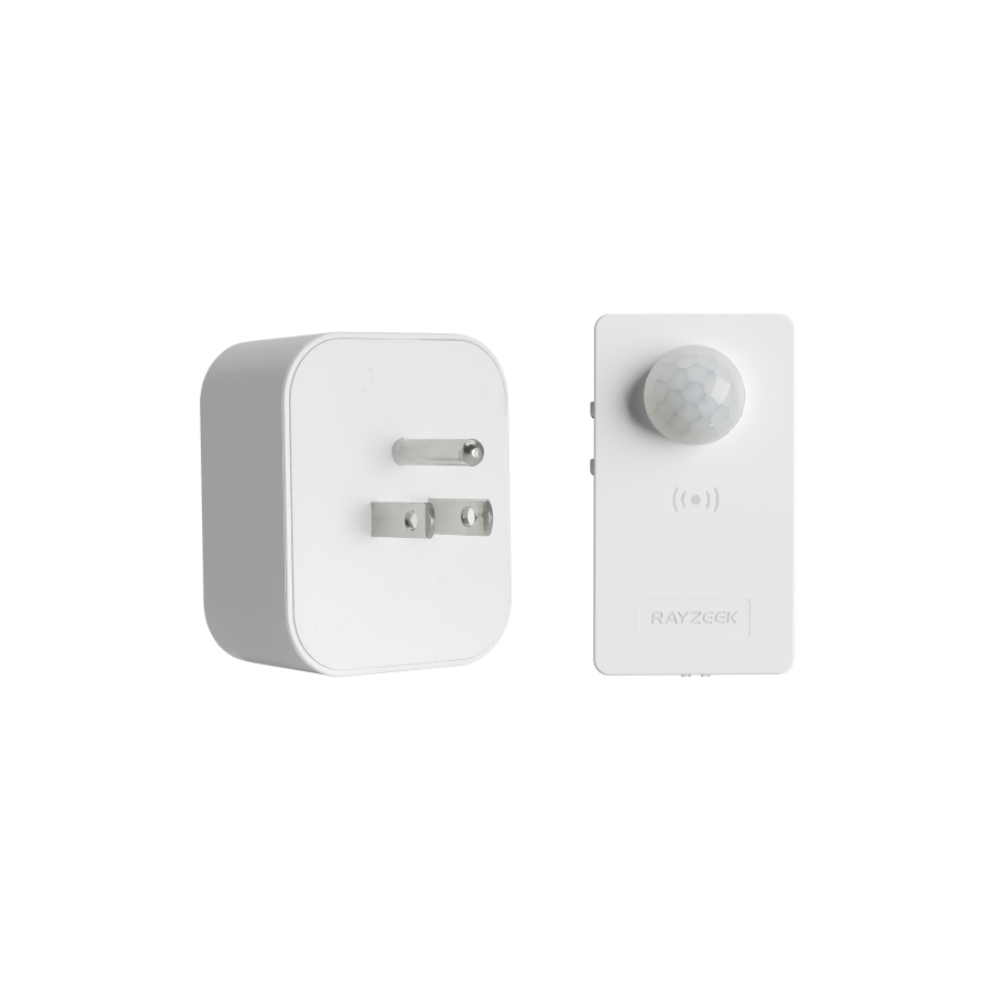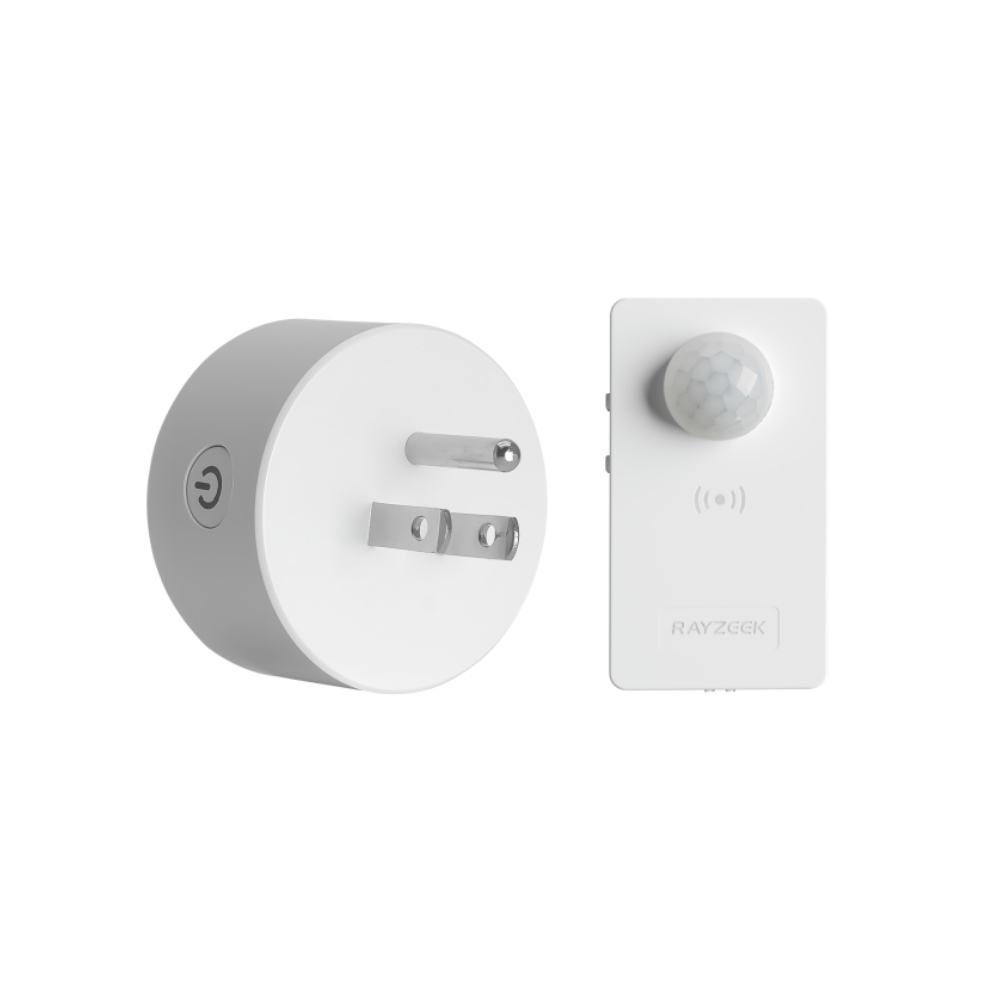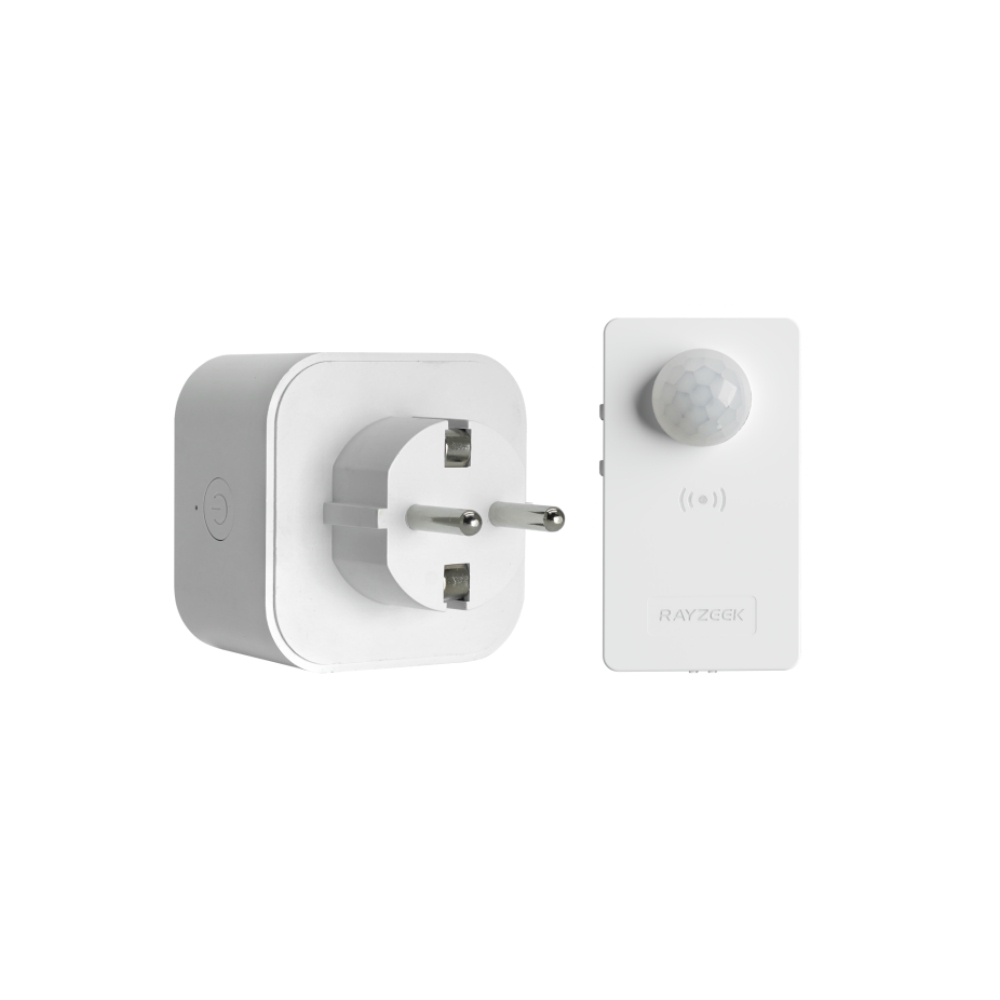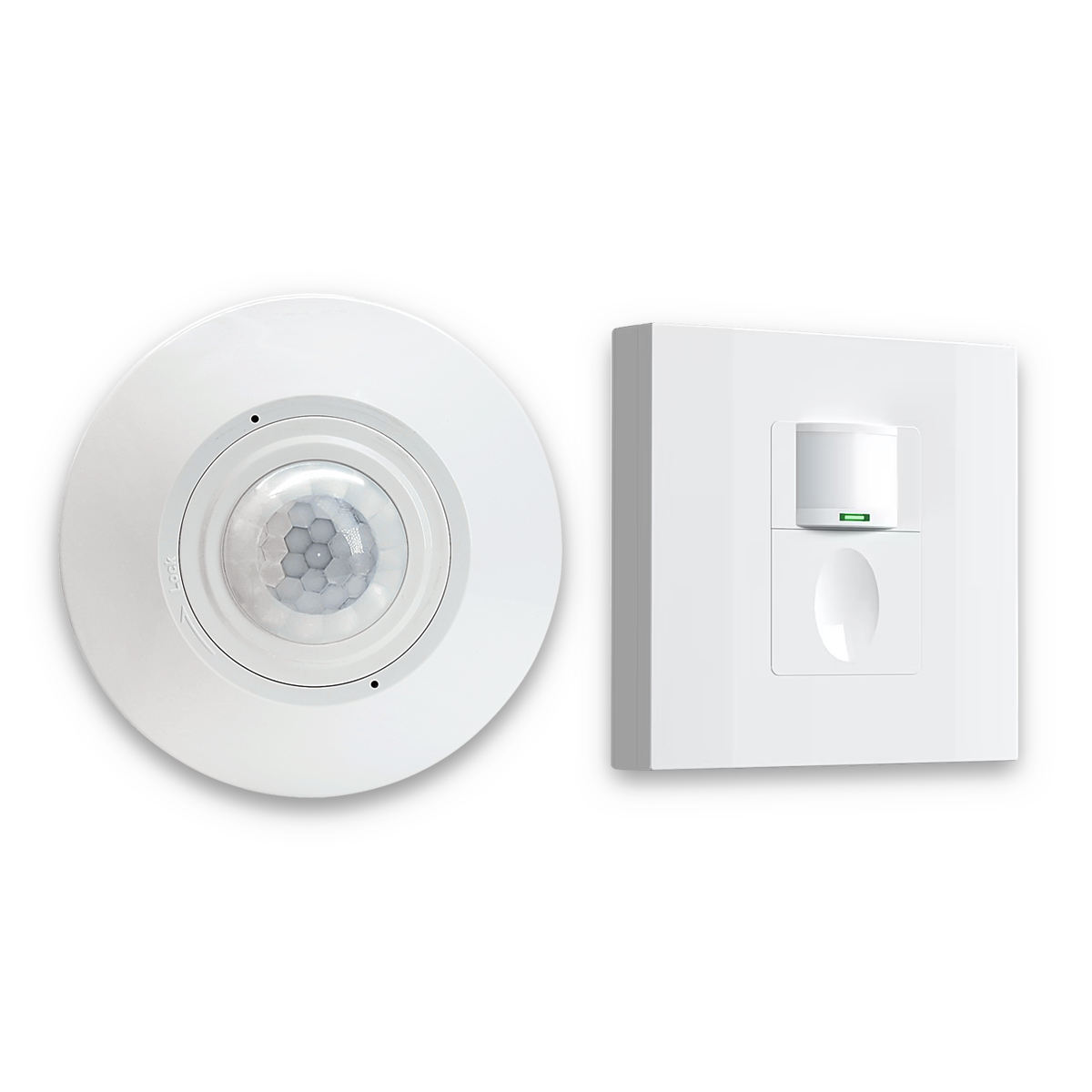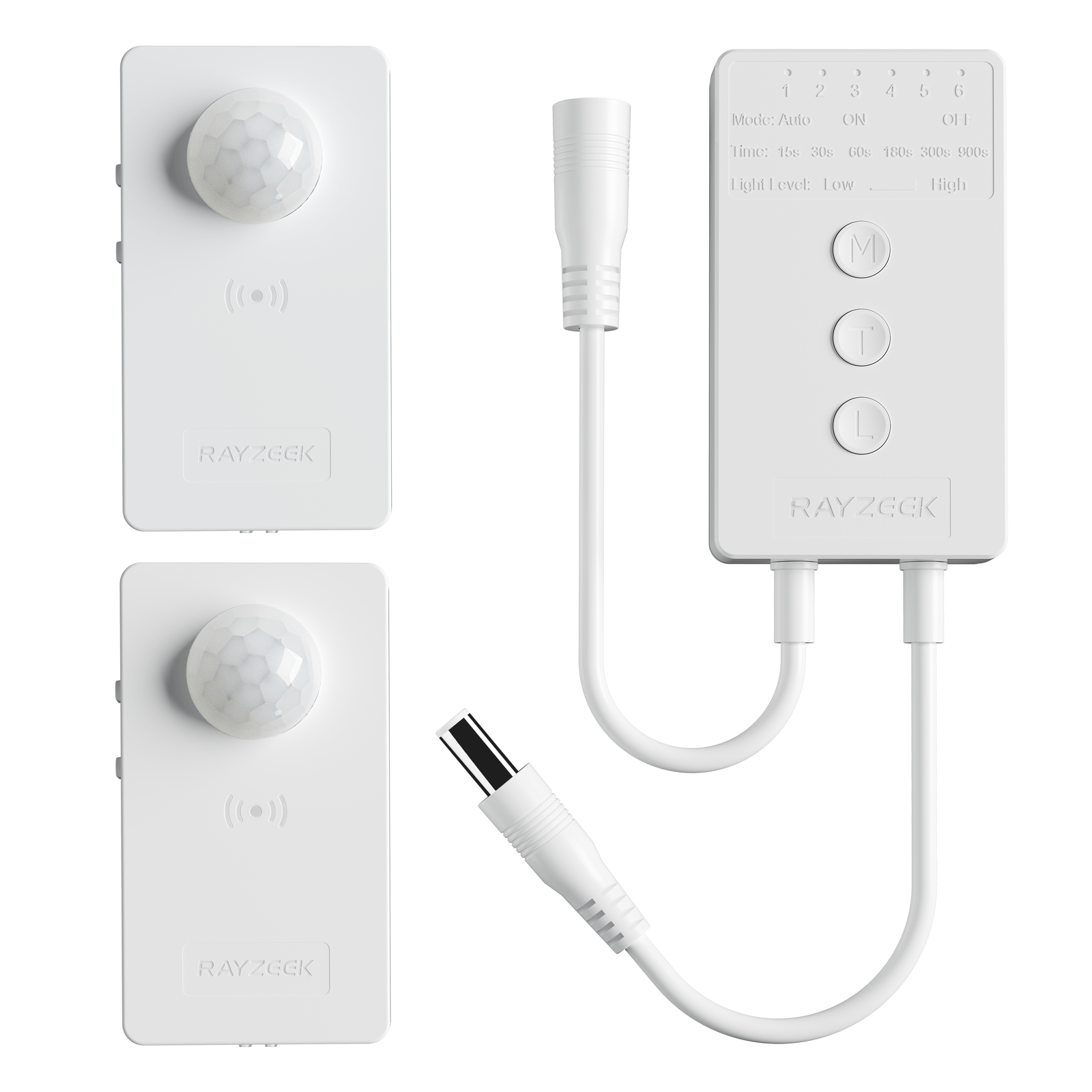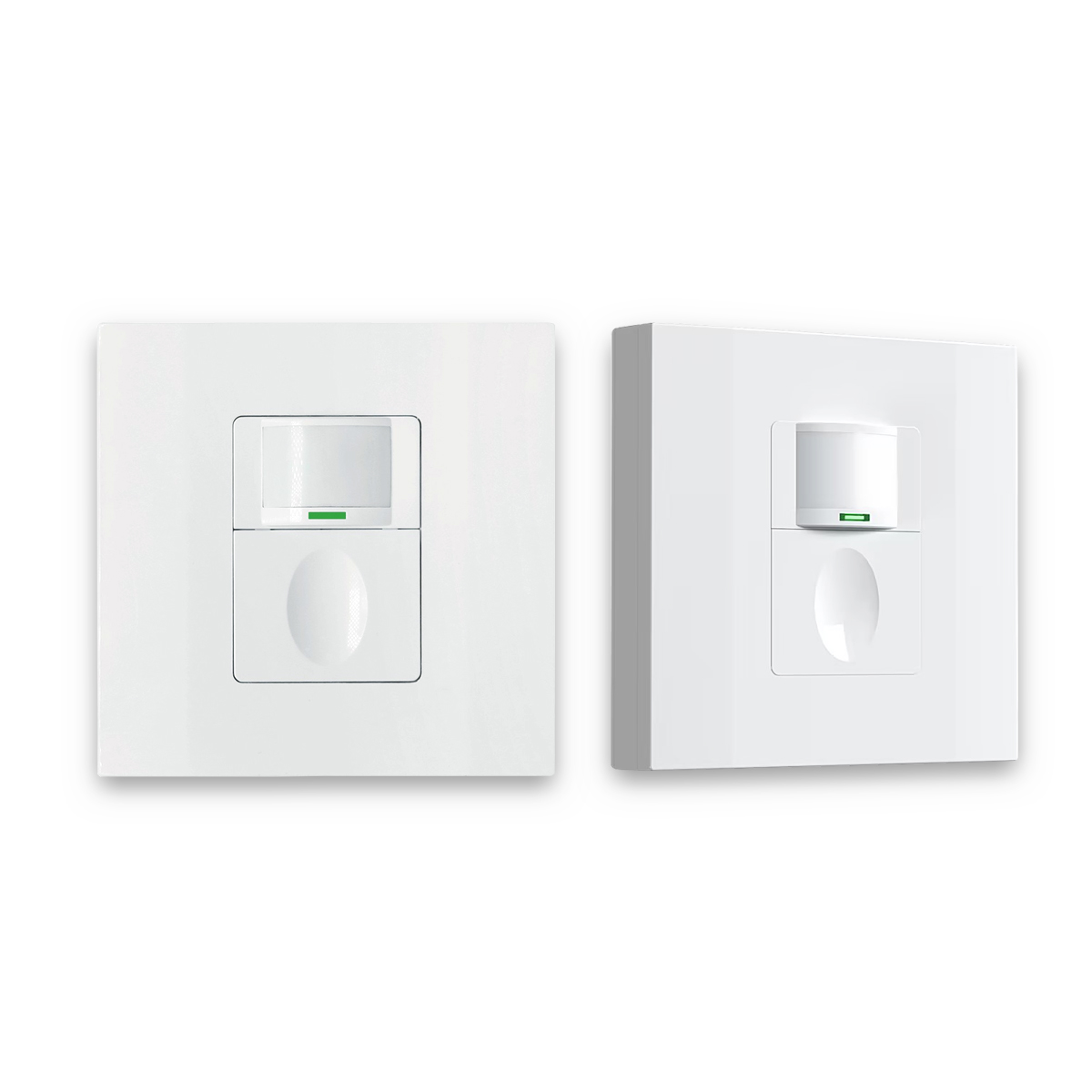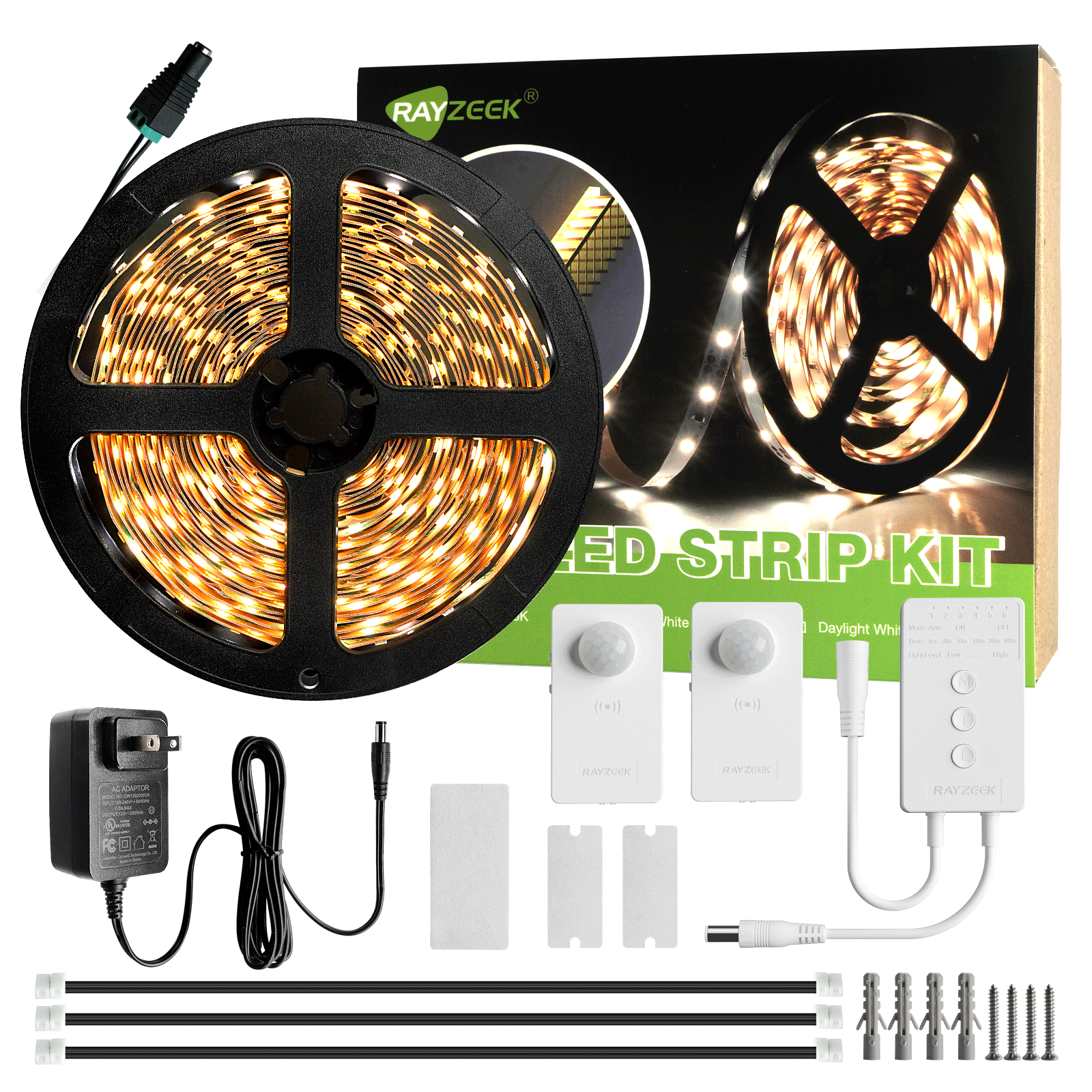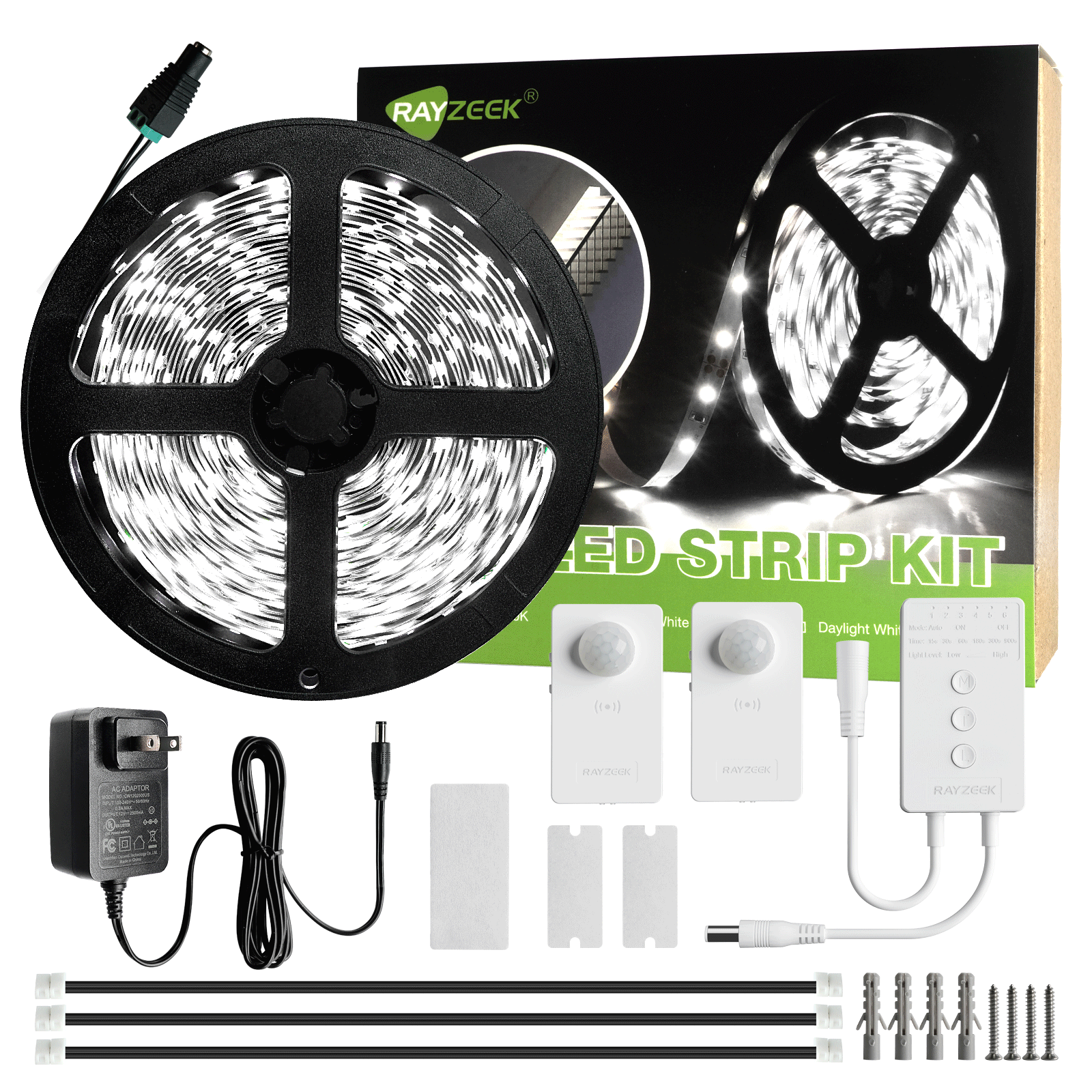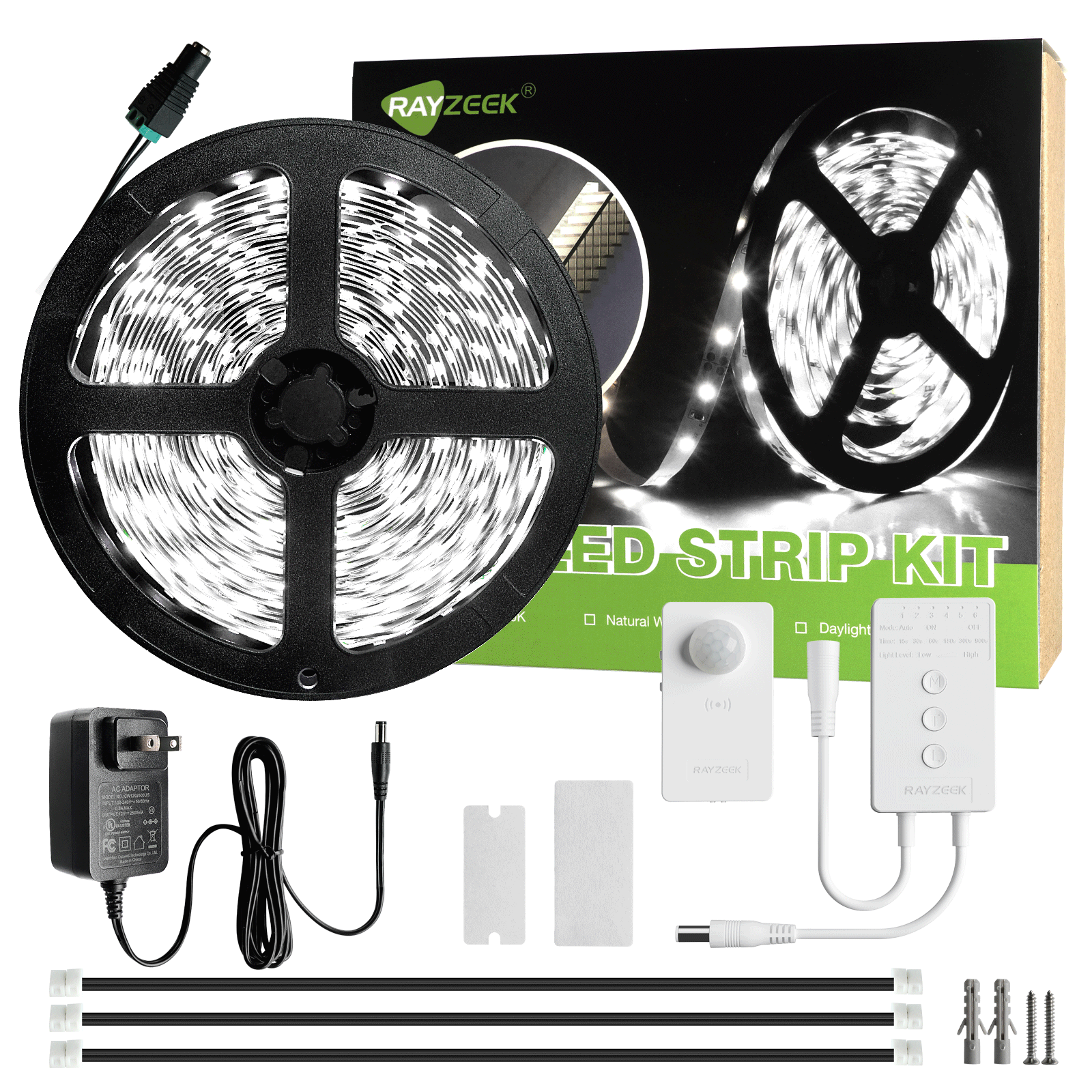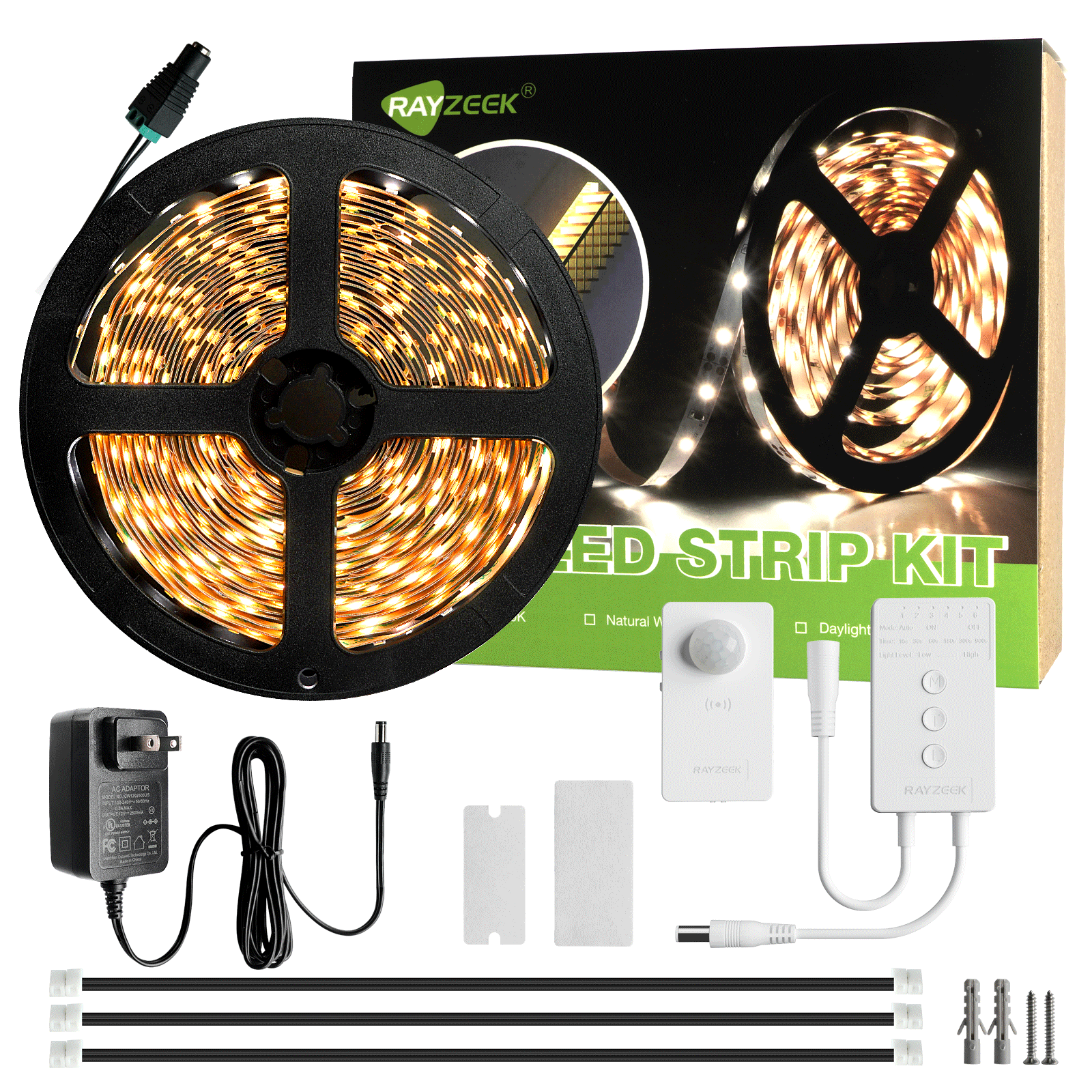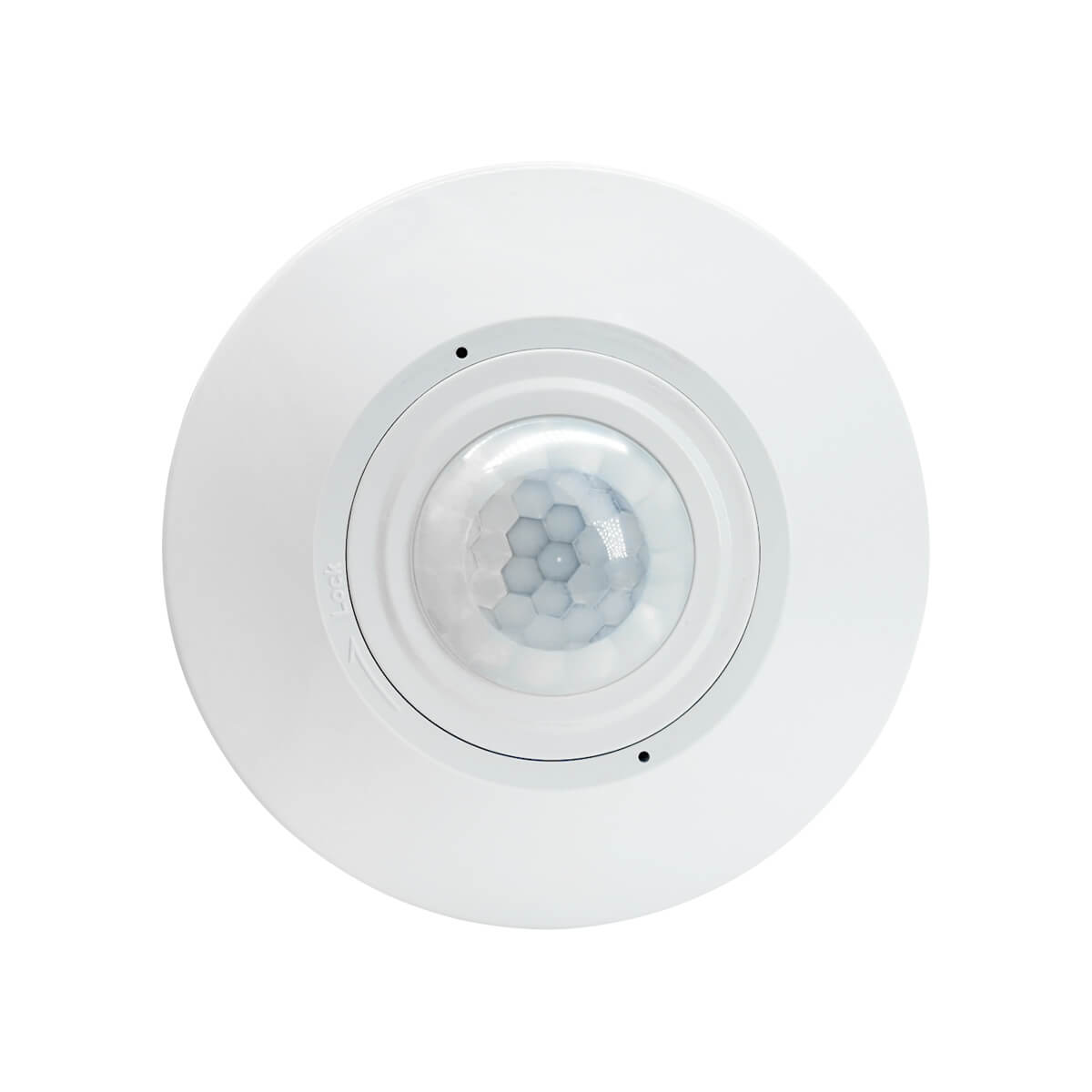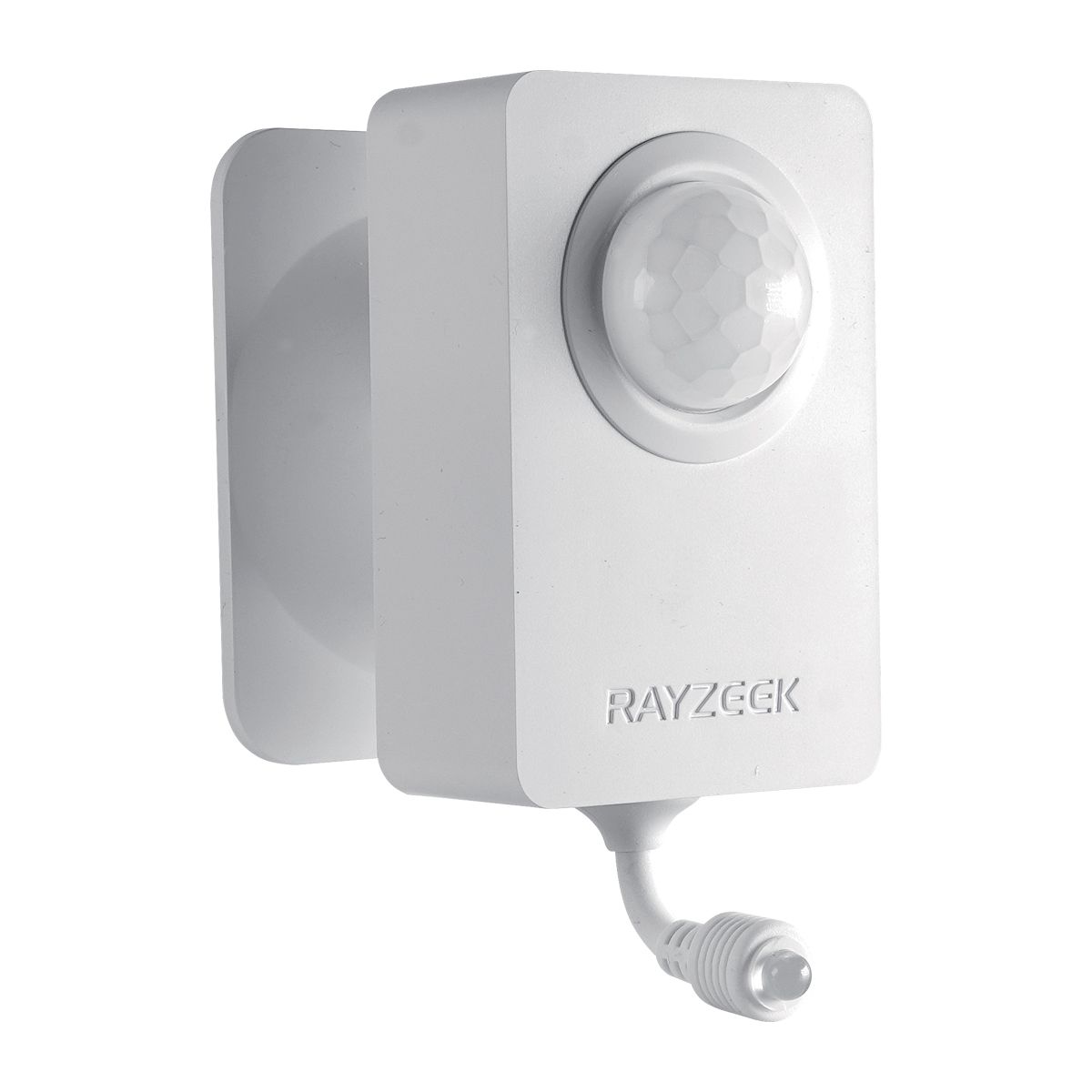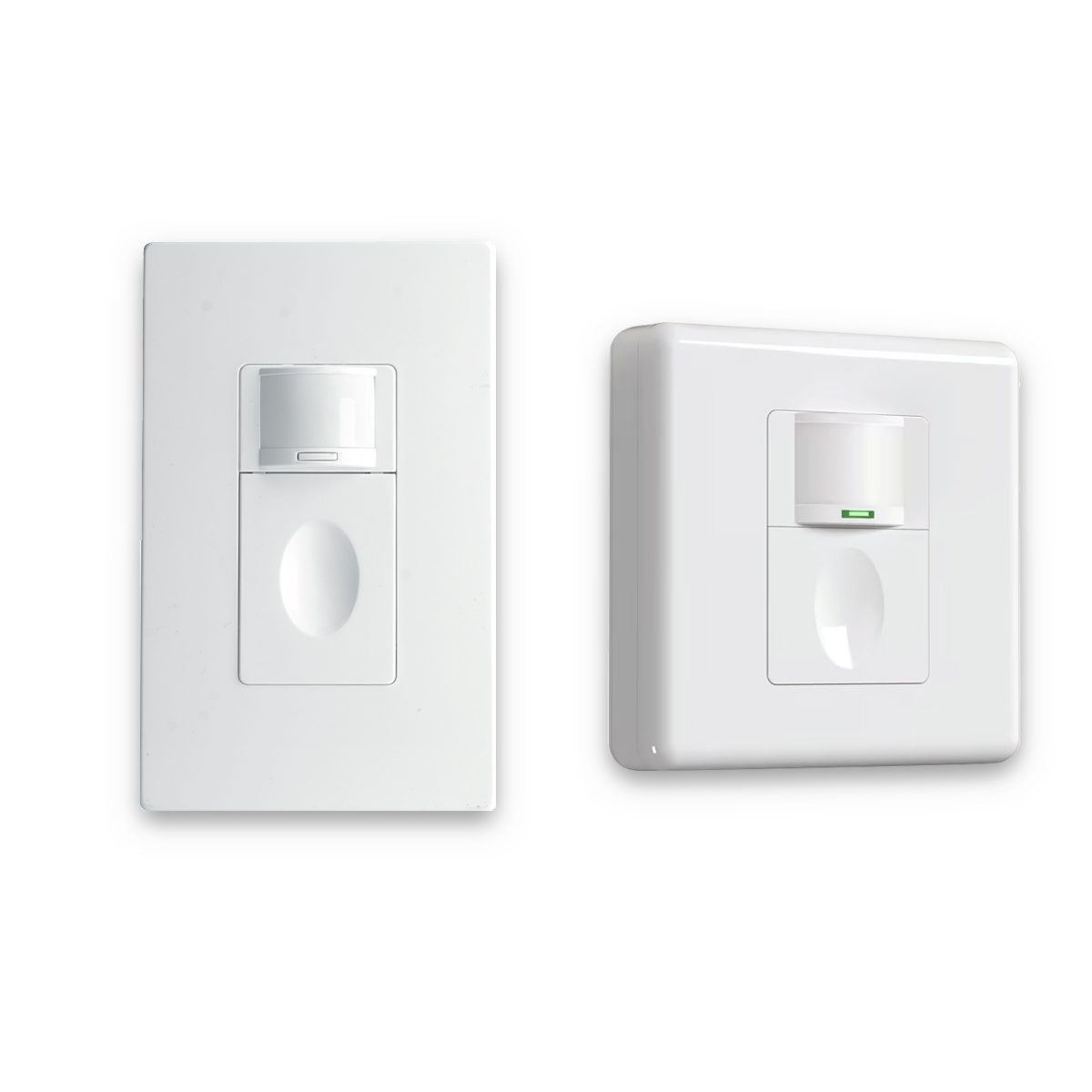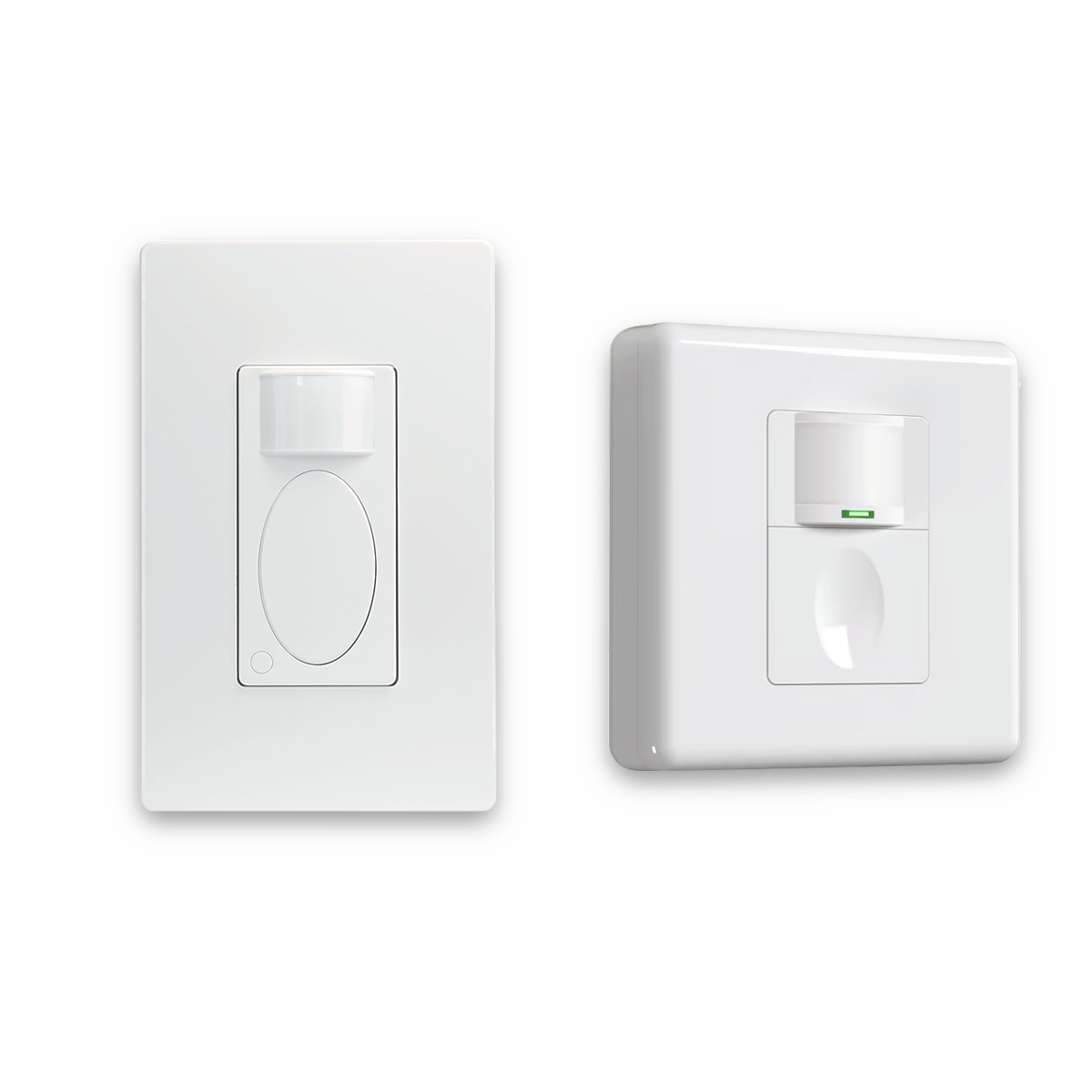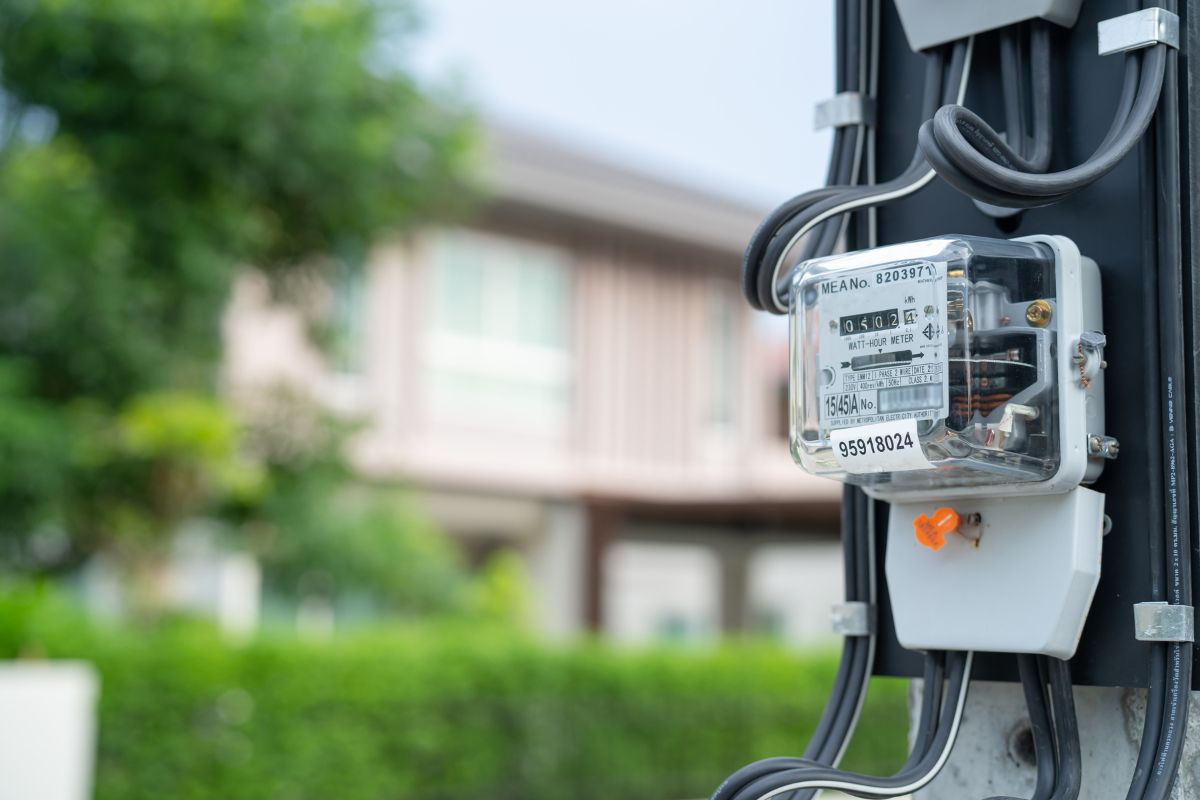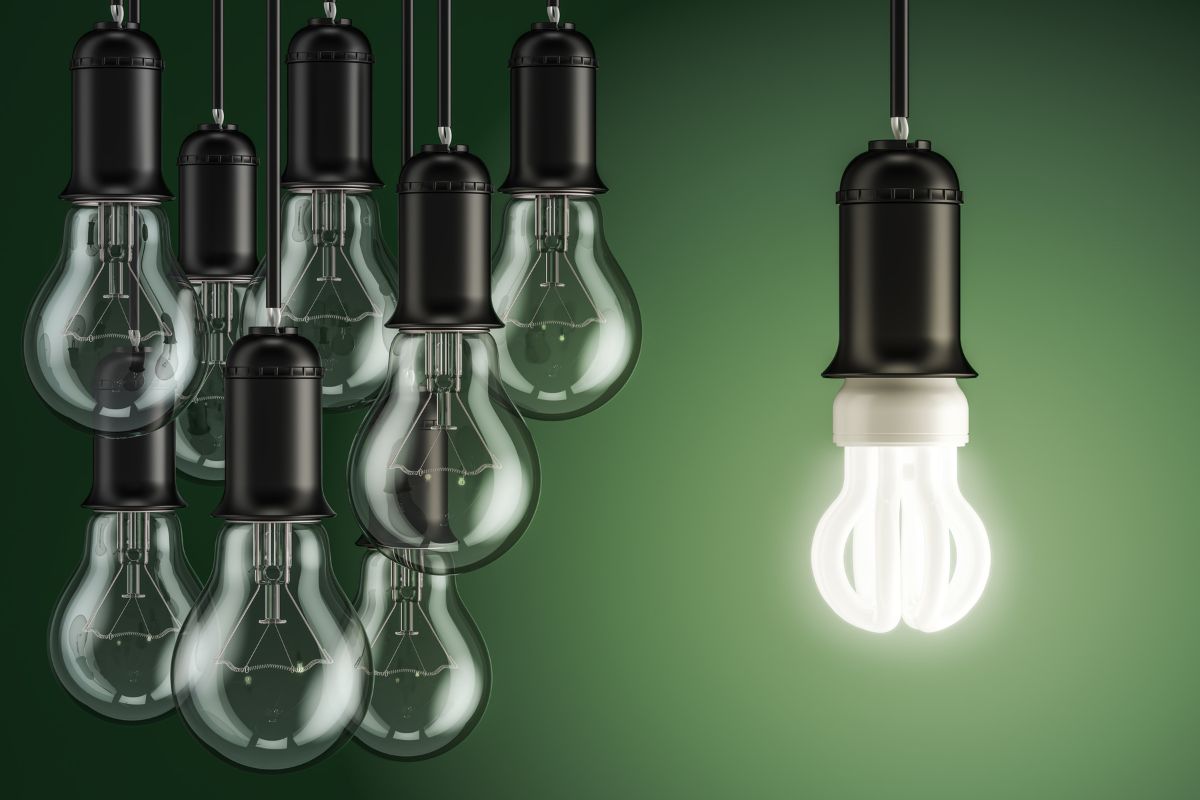Co je modré světlo
Modré světlo je specifický rozsah vlnových délek ve spektru viditelného světla, obvykle v rozmezí přibližně 380 až 500 nanometrů. Ve srovnání s ostatními barvami světla se vyznačuje kratší vlnovou délkou a vyšší energií. Modré světlo je přirozenou součástí slunečního světla a je také vyzařováno různými umělými zdroji světla, včetně Světla LED, zářivkya elektronické obrazovky, jako jsou chytré telefony, tablety a počítačové monitory.
Modré světlo je v našem každodenním životě důležité a ovlivňuje náš cyklus spánku a bdění, náladu a celkovou pohodu. Během dne může vystavení modrému světlu pomoci regulovat náš cirkadiánní rytmus, zvýšit bdělost, zlepšit kognitivní funkce a zlepšit náladu a produktivitu. Nadměrné nebo noční vystavení modrému světlu však může mít negativní účinky na naše zdraví.
Možná máte zájem o
Vystavení modrému světlu ovlivňuje kvalitu spánku. Modré světlo potlačuje produkci melatoninu, hormonu, který reguluje cykly spánku a bdění. Vystavení modrému světlu ve večerních hodinách může narušit přirozený spánkový režim, což ztěžuje usínání a může vést k poruchám spánku.
Dlouhodobé vystavení modrému světlu, zejména z elektronických obrazovek, je navíc spojováno s únavou očí, digitální únavou očí a možným dlouhodobým poškozením sítnice. Je to proto, že modré světlo se snáze rozptyluje a díky kratší vlnové délce a vyšší energii může proniknout hlouběji do oka.
Hledáte řešení úspory energie aktivované pohybem?
Obraťte se na nás pro kompletní PIR senzory pohybu, produkty pro úsporu energie aktivované pohybem, spínače se senzorem pohybu a komerční řešení pro detekci přítomnosti/volnosti.
Ke zmírnění možných negativních účinků modrého světla lze použít různé strategie. Patří mezi ně používání filtrů modrého světla nebo ochranných krytů obrazovky elektronických zařízení, nastavení teploty barev obrazovek, aby se snížilo vyzařování modrého světla, a omezit čas strávený u obrazovky před spaním. Kromě toho je vhodné používat svítidla s vyšší teplotou barev, které vyzařují větší množství červených a žlutých vlnových délek, mohou pomoci minimalizovat expozici modrému světlu ve vnitřním prostředí.
Často kladené otázky
Jak mohu chránit oči před světly LED?
Jaká opatření tedy mohu učinit, abych ochránil své oči před škodlivými účinky LED světel? Podle zprávy ANSES je vhodné volit "teplé bílé" domácí LED osvětlení, minimalizovat vystavení LED zdrojům vyzařujícím vysoké množství modrého světla a nepoužívat LED obrazovky před spaním.
Blokují sluneční brýle modré světlo
Téměř všechny sluneční brýle poskytují ochranu očí tím, že filtrují UV záření, snižují oslnění a blokují modré světlo při nošení venku. Je však důležité si uvědomit, že ne všechny sluneční brýle účinně redukují modré světlo vyzařované z digitálních obrazovek. Úroveň UV filtrace se může lišit v závislosti na odstínu čoček.
Co je modré světlo a proč je škodlivé
Trvalé a dlouhodobé vystavení modrému světlu může potenciálně poškodit buňky sítnice a vést k různým problémům se zrakem, včetně věkem podmíněné makulární degenerace. Kromě toho je spojováno se vznikem šedého zákalu, rakoviny oka a výrůstků na průhledné vrstvě, která pokrývá bílou část oka.
Jsou světla LED považována za modré světlo
Světla LED jsou známá svou účinností ve srovnání se zářivkami. Je však důležité si uvědomit, že světla LED vyzařují také značné množství světla v modrém spektru. Richard Hansler, výzkumník světla na John Carroll University v Clevelandu, vysvětluje, že i obyčejné žárovky produkují určité množství modrého světla, i když ne tolik jako zářivky.
Co dělá modré světlo s vašima očima
Toto vysokoenergetické modré světlo prochází rohovkou a čočkou a dostává se na sítnici. Může způsobovat různá oční onemocnění, včetně suchého oka, šedého zákalu a věkem podmíněné makulární degenerace. Kromě toho může modré světlo stimulovat mozek, narušovat vylučování melatoninu a zvyšovat produkci hormonů kůry nadledvin. Tyto účinky mohou narušit hormonální rovnováhu a mít přímý dopad na organismus.
Je televize považována za modré světlo
Vyzařuje televize modré světlo? Ano, vyzařuje. LED obrazovky běžně používané v televizorech vyzařují značné množství modrého světla, které může být škodlivé pro naše oči. Nadměrné sledování televize, zejména v nočních hodinách, proto může potlačit tvorbu melatoninu, hormonu, který pomáhá regulovat spánek.

